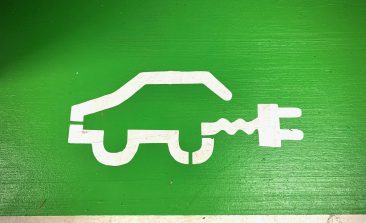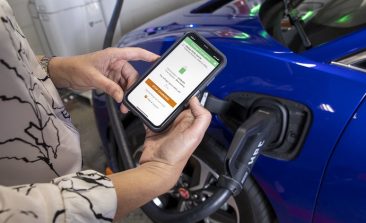Content to: Electric Vehicles
E-Mobility: Where Is It Taking Us?
Climate change, particulate pollution, C02 emissions: If we're to make a switch from fossil fuels to clean energy, the transport sector needs to find new concepts, alternative energy sources, and innovative solutions.
The Path to Sustainable Battery Recycling: Tozero Wants to Bring “Battery Waste to Zero”
The number of electric cars on German roads increased to one million in 2022. Using a chemical recycling process, Tozero aims to reduce battery waste to zero.
Can Long Haul Trucks Be Powered Like Trams and Trains?
A new study has explored the feasibility of large scale overhead power line trucking.
Could Wireless Charging Revolutionise E-mobility?
Imagine a world where electric vehicles could be charged during drivetime. This world might be closer than you think.
Is E-Mobility Picking Up Speed?
E-mobility has been around for years now — but the pace of its rollout has seemed, at times, to drag. But, in 2023, is e-mobility finally starting to speed up?
Quick Swap Electric-Vehicle Batteries Look to Solve India’s Unique Pollution Challenges
Electric vehicles may be better for the environment, but they might not be great for your wallet - especially in low-income countries. An Indian partnership is looking to change that.
“25 Years From Now, Transport Will Have to Be Almost Completely Electric”
How can Germany - once held up as a pioneering force in the field of environmental protection - reach its current climate goals? And how can e-mobility help? We talked to Volker Quaschning, professor for regenerative energy systems at the HTW Berlin.
RESET Special: E-Mobility Under The Microscope
Always on the look out for what's moving the world of sustainability, one topic in particular has caught our eye and our imagination in recent months: e-mobility. Electric vehicles - and the associated infrastructure - are developing fast, with ever more projects looking to make them cleaner, smarter, and more accessible.
Elbnb: Charge Your Car at (Someone Else’s) Home
A Swedish platform allows electric car drivers to charge their vehicles in private homes, at a cost determined by the homeowner.








